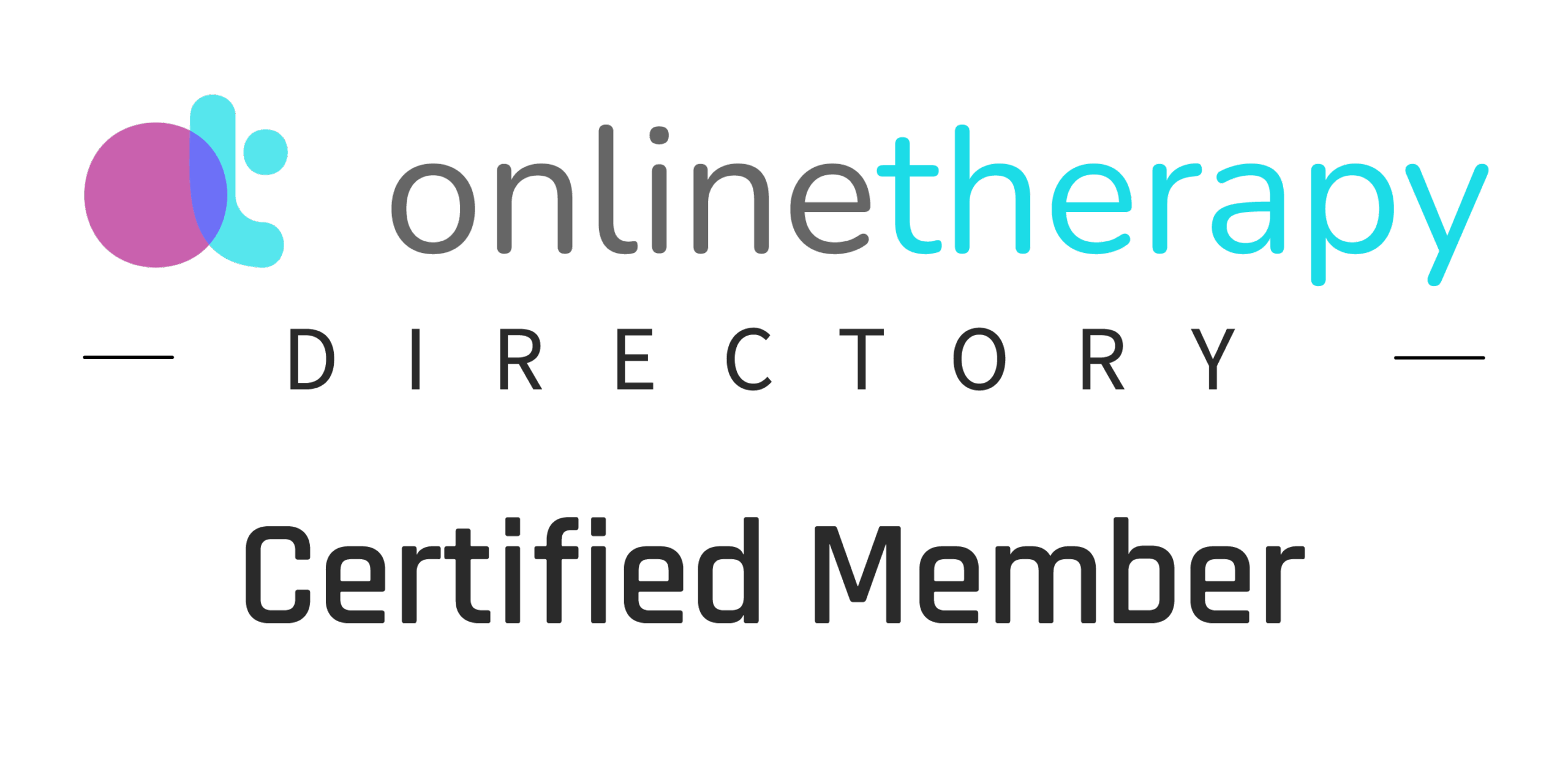Sobriety Is Only the Beginning

One topic that has fascinated me since I first began studying psychology as a teenager is how people develop, navigate, and recover from addictions — and how deeply addiction impacts the brain, the body, relationships, and even the larger community. Over the years, and especially in recent times, I’ve noticed a wonderful cultural shift: more people are talking openly about sobriety. Celebrities, influencers, and everyday people are embracing the idea that a sober life can be full, rich, and deeply meaningful. Many restaurants now offer non-alcoholic cocktails and alternatives to alcohol, and conversations around living substance-free are becoming more mainstream.
When I talk about sobriety, I don’t just mean abstaining from alcohol. Sobriety can mean freedom from any form of addiction — substances, narcotics, marijuana, codependent relationships, or other behaviors that once served as coping mechanisms. Whatever the form, choosing sobriety is an incredibly brave and powerful decision.
If you are contemplating or already practicing sobriety, I want to first acknowledge what a courageous choice that is. It takes insight, humility, and strength to say, “I need to pause. I want to live differently.” That is the first step — and it’s a beautiful one. What comes next is where the real work begins.
Addiction and the Brain
Addiction is often described as a disease of the brain — and for good reason. When a person repeatedly uses a substance or engages in an addictive behavior, the brain’s reward system is altered. Substances like alcohol, narcotics, or even certain behaviors flood the brain with dopamine, the neurotransmitter responsible for pleasure and motivation. Over time, the brain becomes wired to seek out that dopamine “hit” again and again, even when the person wants to stop.
In clinical terms, Substance Use Disorder (SUD) is characterized by a pattern of use that leads to significant impairment or distress. This can include cravings, tolerance (needing more of the substance to get the same effect), withdrawal symptoms, and continued use despite negative consequences. But beyond the diagnosis, addiction is deeply personal — it’s often tied to trauma, emotional pain, and unhealed wounds that the brain and body are trying to manage or escape.
That’s why trauma therapy and somatic trauma therapy are so essential in recovery. Healing from addiction isn’t just about removing the substance — it’s about addressing the emotional, relational, and physiological roots of why and how the addiction developed in the first place.
What Happens After Sobriety
There’s a common misconception — often reinforced by popular media — that once someone becomes sober, they’re “healed.” The truth is, sobriety is not the finish line; it’s the starting point of a much deeper journey.
When a person stops using a substance or breaks a long-standing addictive pattern, the brain and body begin to heal. But it takes time for new neural pathways to form and for healthier habits to replace old coping mechanisms. Early sobriety can feel disorienting because the very thing that once numbed pain or provided relief is no longer available. Individual therapy, dialectical behavior therapy (DBT), and mindfulness-based approaches can offer tools to navigate this phase of healing.
These modalities help individuals learn new ways to regulate emotions, tolerate distress, and rebuild a sense of self. For instance, if drinking was a way to avoid uncomfortable emotions, sobriety brings those emotions back to the surface. Learning distress tolerance and emotional regulation becomes essential.
Recovery also involves reflecting on the origins of one’s addiction:
-
Was there a history of narcissistic abuse or emotional abuse that made you turn to substances for comfort?
-
Did addiction run in the family, shaping how you learned to cope?
-
Are there relational wounds that still need healing?
Sobriety opens the door to these deeper explorations — and while that process can be painful, it is also profoundly liberating.
Healing Beyond Sobriety
The work after sobriety includes learning to manage triggers, building healthy relationships, and developing a sense of self that isn’t defined by the past. Many people in recovery say they are “in recovery” rather than “recovered,” because recovery is ongoing. It’s not about perfection — it’s about progress.
Through EMDR therapy, for example, clients can reprocess traumatic memories that once fueled addictive behavior, reducing their emotional intensity and helping the nervous system recalibrate. In relationship therapy, individuals learn to rebuild trust, set boundaries, and develop authentic connections that support their healing. And mindfulness practices help bring awareness to cravings, emotions, and bodily sensations without judgment, allowing for more choice and self-compassion.
Whether in online sessions or in-person sessions at my practice in Westlake Village, Thousand Oaks, Agoura Hills, Calabasas, Oak Park, Ventura, or the greater Los Angeles, California area, I often remind my clients: healing from addiction is a lifelong journey. It’s not about being “fixed” — it’s about becoming whole.
A Journey of Rediscovery
Sobriety gives you a chance to rediscover who you are without the filter of substances or behaviors that once clouded your mind and heart. It’s a journey of reclaiming authenticity, peace, and self-trust. You’ll learn new ways to soothe yourself, to be with discomfort, and to find meaning beyond the quick escape that addiction once provided.
There will be hard days, of course. But there will also be beautiful ones — the moments when you feel your mind clear, your body heal, and your spirit reconnect with something deeper. That’s when you start realizing that sobriety isn’t an ending. It’s only the beginning.
Written by Valeriya Bauer, Psychotherapist
Trauma therapy, EMDR therapy, and holistic approaches for healing and recovery.
Serving Westlake Village, Thousand Oaks, Agoura Hills, Calabasas, Oak Park, Ventura, Los Angeles, and throughout California.




